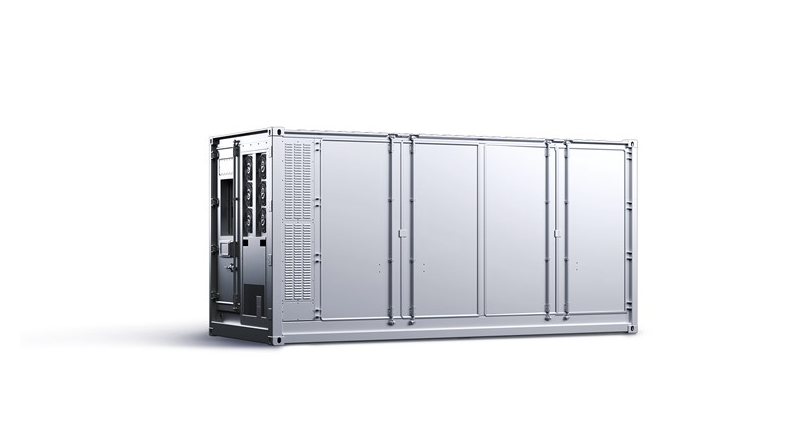New 6.25 MWh BESS challenges Tesla Megapack
It comes from China and more precisely from CATL, the world’s largest producer of batteries for electric vehicles, the latest big news in the field of stationary accumulations. The manufacturer presented these days in Beijing TENER, defined as the first storage system battery with zero degradation and capacity after 5 years of use. A 6.25 MWh unit of capacity that promises to raise the bar of quality for the sector.
“While preventing capacity degradation in the first five years of use represents significant progress in increasing battery life, Zero power degradation is also important for power storage plants that aim to meet the requirements of new electrical systems,” the company explains in a press release.
The natural degradation of batteries
All batteries degrade over time with or without charge cycles, showing a loss of total storage capacity. This degradation is almost universally attributed to processes at the electrode/electrolyte interfaces, of which, however, we still have partial knowledge. Many scientific models simply attribute the blame to a progressive loss of Lithium through side reactions, mainly to the anode, presumably a result of the continuous formation of the solid electrolyte interphase (SEI). With higher leakage rates in cases where external stress factors such as temperature or load profile are added.
All this has an obvious effect on battery life – for BESS installations on a network scale an average operating life of about 15-20 years is estimated – and indirectly also on the investment. That is why it is essential to find solutions that guarantee a longer life cycle.
The battery with zero degradation after 5 years
The CATL storage system takes advantage of some technological innovations to increase the stability of the electrochemical cells during the charge and discharge cycles. In detail, to realize TENER, the company used an SEI with biomimetic ion channels and high stability, together with self-assembled electrolyte technologies, creating what it calls an “ageless energy storage system“. “Based on state-of-the-art technology and extreme manufacturing capabilities, we have solved the challenges of highly active lithium metals […], which effectively helps prevent the thermal instability caused by the oxidation reaction,” the company stresses.
The storage system reaches a capacity of 6.25 MWh and can be contained in a traditional container. This “represents a 30% increase in energy density per unit area and a 20% reduction in overall footprint“. His numbers make him a direct competitor of Tesla’s Megapack.

